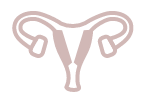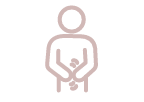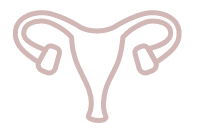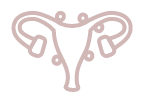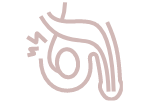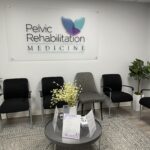Conditions We Treat
Adenomyosis
Affecting 20-35% of women, pain and symptoms associated with adenomyosis can overlap with endometriosis
Central Sensitization
Central Sensitization is a pathophysiological process in which the central nervous system undergoes changes that alter pain processing leading to hypersensitivity.
Chronic Prostatitis
A common condition affecting 8.2% of men, chronic prostatitis is characterized by chronic pelvic pain and voiding symptoms in the absence of a clear bacterial infection.
Endometriosis
Endo is a disorder in which tissue similar to the lining of the uterus grows outside of the uterus causing pelvic pain and infertility.
Epididymitis
A painful condition caused by inflammation and resulting in pain or swelling of the scrotum, testicles, or epididymitis typically affects men who are between 19 and 35 years of age, and is commonly the result of a sexually transmitted infection.
Erectile Dysfunction
Affecting around 10% of men in the U.S., erectile dysfunction can cause problems within their intimate life as well as depression and anxiety, but we want you to know that almost all cases of erectile dysfunction are treatable.
Hernia
Sports hernias are common in athletic men, but can also be experienced by women.
Levator Ani Syndrome
Affecting both women and men, levator ani syndrome, also known as rectal pain, causes pain within the rectal area and other areas of the pelvic floor.
Menopause Pelvic Pain
The typical symptoms of menopause include hot flashes, lower energy, and a strain on emotional health, but other lesser-known symptoms include pelvic pain and pelvic floor dysfunction, affecting 57% of women experiencing menopause.
Painful Bladder Syndrome
Painful Bladder Syndrome also known as Bladder Pain Syndrome (BPS), and also Interstitial Cystitis (IC) can cause discomfort and interruptions in daily life for both women and men.
Pelvic Floor Muscle Hypertonia
With this condition, pelvic floor muscles are contracted, tense, and weak. Blood flow is restricted, which can cause an acidic environment in the area and this, in turn, can create an inflammatory cascade.
Persistent Genital Arousal Disorder
Very often, patients have approached medical health professionals who have not heard of persistent genital arousal, and oftentimes their symptoms are dismissed.
Polycystic Ovary Syndrome
Polycystic Ovary Syndrome, widely known as PCOS, is an endocrine system disorder that affects up to 20% of women in their reproductive years.
Pudendal Neuralgia
Pudendal Neuralgia is pelvic pain in the area between the rectum and genitals that results from irritation to the pudendal nerve.
Uterine Fibroids
During their lifetime, up to 80% of women will develop fibroids, however, about 25-50% will have symptoms that will affect their daily lives.
Vaginismus
Chronic pelvic pain syndrome (CPPS) is pain or discomfort anywhere from the belly button to the mid-thigh lasting 6 months or more.
Vulvodynia
Occurring at any age, as many as one in six women in the United States may experience the symptoms of vulvodynia at some point in their lives.





